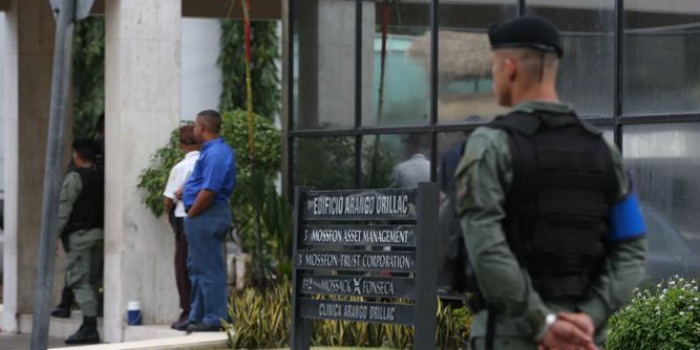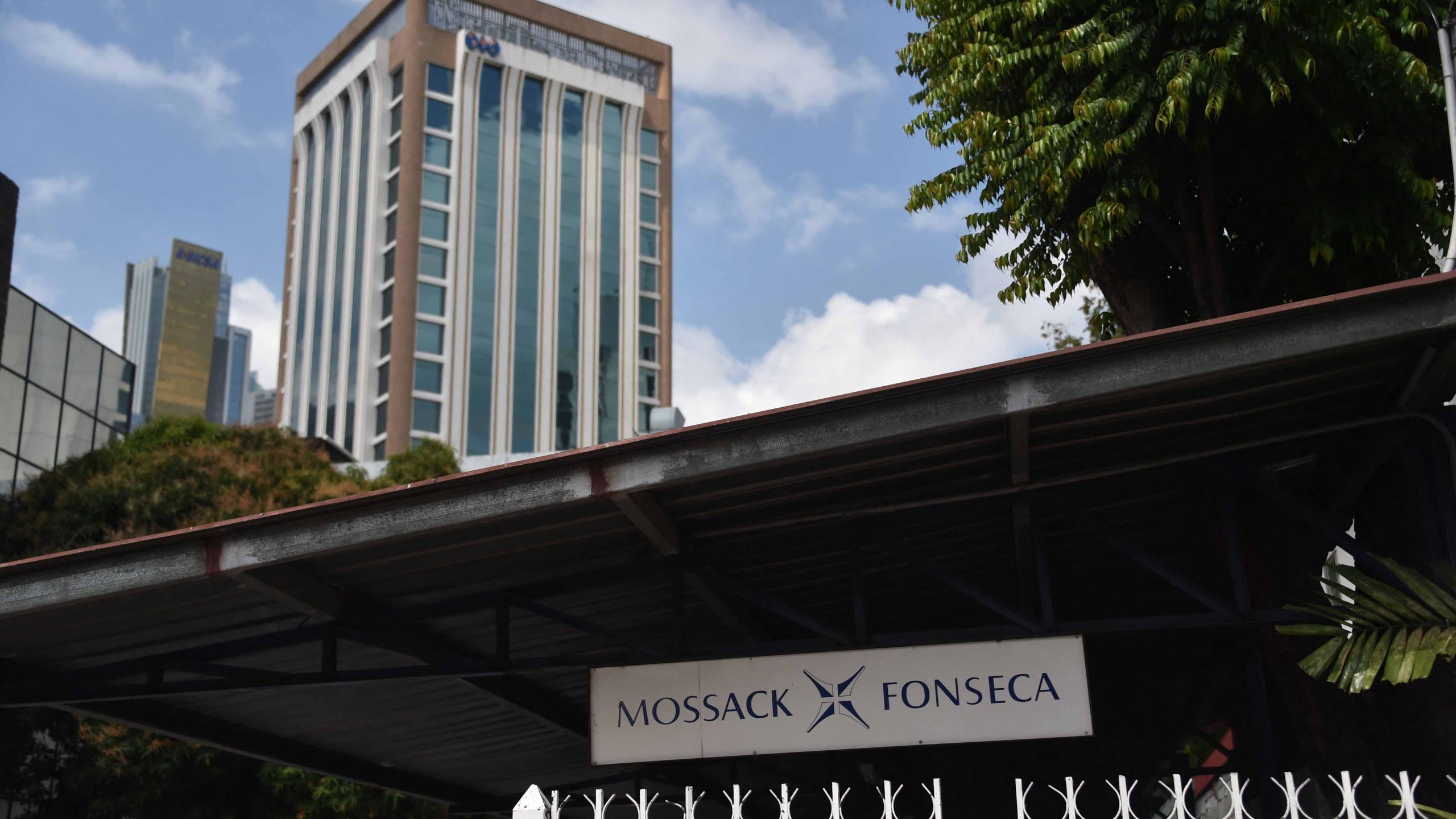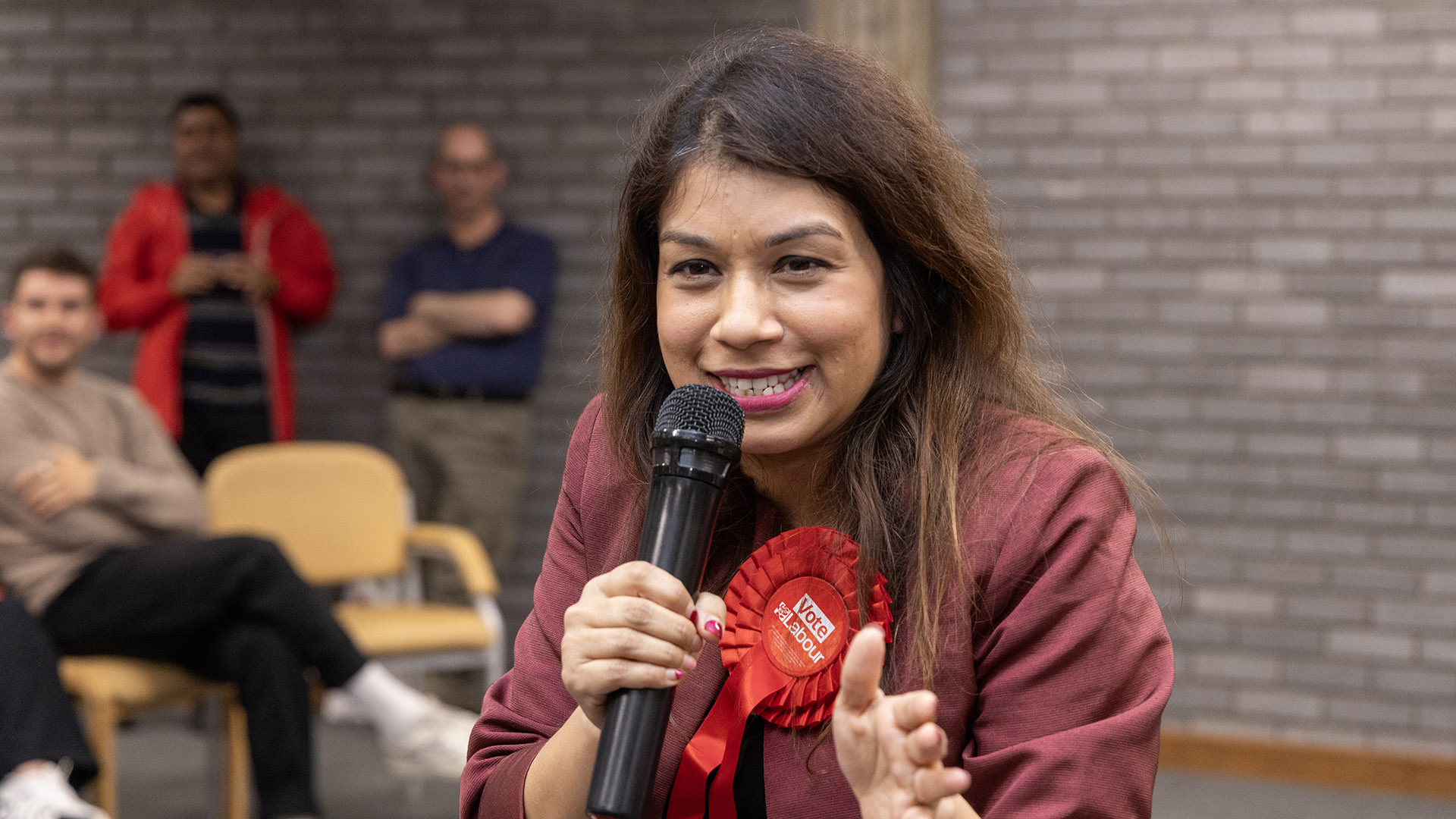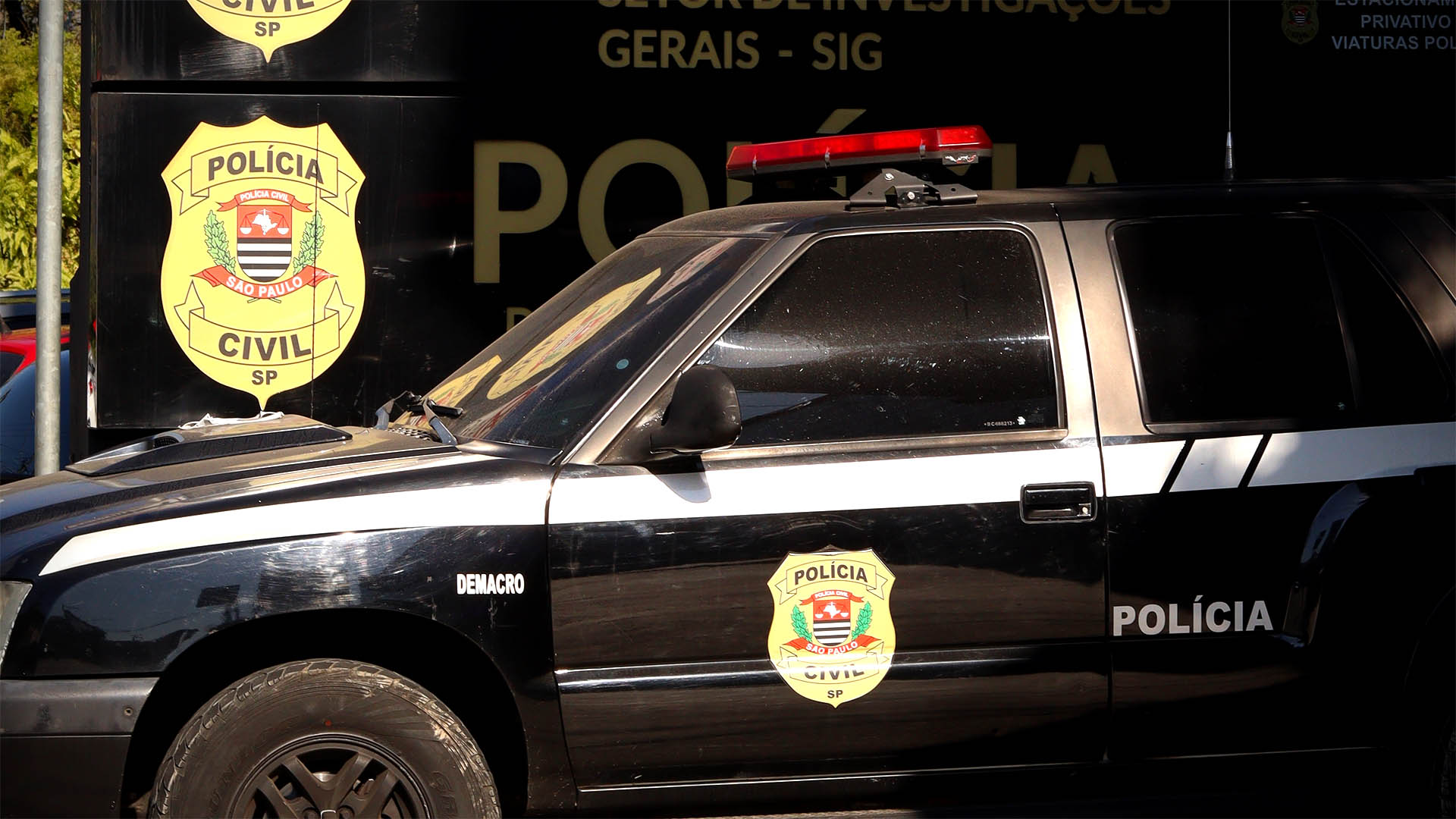Panama’s national police raided the Panama City headquarters of law firm Mossack Fonseca late Tuesday, looking for evidence that “would establish the possible use of the firm for illicit activities,” as they said in a statement.
The police, under the direction of prosecutor Javier Caravallo, who specializes in organized crime and money laundering, surrounded the headquarters building and raided other branches as well. According to the Financial Times, the operation was still underway eight hours after it began.
The action was part of the continuing fallout from publication of the Panama Papers, an investigation into 11.5 million documents spanning 40 years of operations by the firm, one of the world’s largest wholesalers of shell companies. Usually set up in a manner that makes it hard to know who controls them and existing almost only on paper, shell companies may be used for lawful purposes but have also figured frequently in money laundering, tax evasion, bribery, drug dealing and other crimes.
“We’re the ones against whom a crime has been committed,” the law firm said in a statement published on its website. It added that the company is “ready, willing and eager to cooperate with authorities.”
The raids came at a time when Panama’s President Juan Carlos Varela has taken several actions in response to the revelations about the firm, whose co-founder Ramon Mossack was one of his top advisers until his recent resignation.
Earlier in April, Varela announced the creation of an international panel to improve transparency in Panama’s economically important offshore financial industry. He also published an op-ed piece in the New York Times, decrying the emphasis on Panama which he said “does not deserve to be singled out on an issue that plagues many countries,” adding that Panama is “willing to accept the responsibility for fixing it, in part because greater transparency is ultimately a continuation of reforms we have recently undertaken.
On Tuesday before the raids, Panama warned France that it would take unspecified diplomatic measures if Panama is not removed from a blacklist of tax havens.
The Panama raid followed several other police actions related to investigations in other countries:
- French prosecutors disclosed they had searched the offices of Societe Generale last week in an attempt to identify holders of offshore companies set up by the bank through Panamanian law firm Mossack Fonseca.
- Peruvian authorities seized documents from the Lima office of Mossack Fonseca on Monday in case they were needed in possible investigations. A team of 20 officers carried out the operation in the Panama law firm’s offices in the exclusive San Isidro neighborhood on behalf of the National Tax Administration.
- El Salvador’s top prosecutor oversaw a raid on the Mossack Fonseca & Co. offices in that country after noticing that the sign over the office had been removed, said attorney general Douglas Melendez. Computers were seized and employees interviewed, but no one was detained.
In other countries, though, journalists, not Mossack Fonseca, were the focus of authorities' gaze. Some of ICIJ's Ecuadoran partner journalists were threatened and insulted by Ecuador’s president.
President Rafael Correa took to Twitter to argue for a complete release of the Panama Papers. “The ‘selective’ fight against corruption is only more corruption!,” he tweeted. ICIJ has declined to allow wholesale access to its database because it contains information about private individuals for whom there is no public interest argument for exposure.
Correa also tweeted the names and Twitter accounts of six Ecuadorian journalists who were part of the project, triggering a wave of threats and insults via Twitter.
The Ecuadorian Council of Citizen Participation and Social Control, an arm of the Ecuadoran government, also said that it has identified the journalists who were part of the Panama Papers and will demand all the information in order to conduct their own investigations.
ICIJ published an FAQ about the project explaining that ICIJ doesn’t share documents with governments.
Fundamedios, a local non-government organization that defends free press in Ecuador, has demanded the Ecuadorian government stop its campaign of intimaidation against journalists who investigated the Panama Papers.
Correa also tweeted that journalists “spent almost a year looking for something against the Ecuadorian government and didn't find anything.”
…”Panamá papers”.
Casi un año se pasaron buscando algo contra el gobierno ecuatoriano y no encontraron nada. Ahora le toca a los…— Rafael Correa (@MashiRafael) April 11, 2016
Galo Chiriboga, Ecuador’s General Attorney who has a company connected to Mossack Fonseca said to El Universo that his office will follow the Panama Papers leads and that revelations could help with existing investigations as well as open new ones. He said he declared the shares of the Panamanian company created in 1999 Madrigal Finance Corp., when he became General Attorney in 2011.
The offices of a consulting firm that served in Ecuador as intermediary between Mossack Fonseca and a Chinese company to evade taxes, revealed as part of the Panama Papers Ecuadorian stories by ICIJ partners, were raided on Tuesday by the General Attorney’s office. Ecuadorian Parliament also announced that they were going to open an investigation based on the Panama Papers.
In Venezuela journalists who investigated the Panama Papers have also been targeted by state-owned media, which accused them of selectively reporting on revelations connected to the administration of the late President Hugo Chavez.
Reporter Ahiana Figueroa, who wrote a story about an ex-banker who used Mossack Fonseca to register companies in offshore jurisdictions while he was under investigation in Venezuela, was fired by her news organization Grupo Últimas Noticias for being part of the Panama Papers Venezuelan team. Her story was published in a microsite created by a group of Venezuelan journalists, some who work for other media outlets and others who are freelancers. Many of them resigned from traditional media outlets when ownership changed and their independence was threatened, and went on to create their own media outlets which came together for the Panama Papers investigation.
The Press and Society Institute of Venezuela (IPYS Venezuela) a local non-governmental organization that promotes press freedom in the country generated an alert about the threats received by Venezuelan journalists after the publication of the Panama Papers and denounced the Venezuelan Ministry of Communications and Information for sending an email to media outlets about how to cover the Panama Papers that included phrases disparaaging the investigation, the journalists and the media that were part of it. IPYS Venezuela said these incidents violate the right of free press and information.
The Venezuelan attorney general and parliament have announced that they will investigate Panama Paper revelations connected to Venezuela.
In Tunisia, suspected hackers brought down the website of ICIJ’s partner, Inkyfada, shortly after the publication of a story that claimed to detail an offshore company of Moshen Marzouk, a former political advisor to Tunisia’s president and the founder of a political party.
Reporters Without Borders condemned the cyber-attack on Inkyfada, noting that Tunisia is ranked 126 out of 180 in terms of freedom of the press.
Marzouk has since threatened to sue Inkyfada for defamation despite Inkyfada’s claims that it sought repeated comment from the politician. Although Marzouk was reported in Huffington Post Maghreb as having confirmed from two “sources within ICIJ” that his name was not among the 11.5 million documents, ICIJ has had no such contact.
Contributors to this story: Will Fitzgibbon




